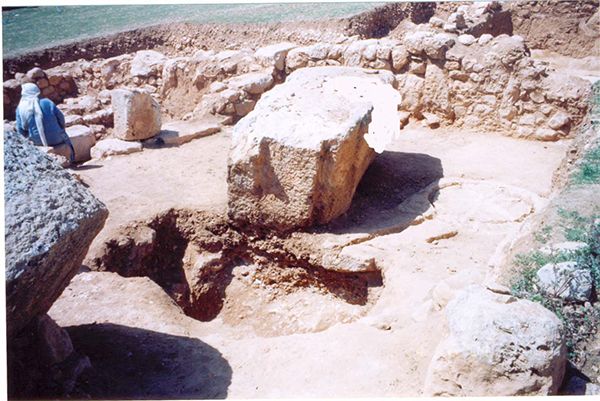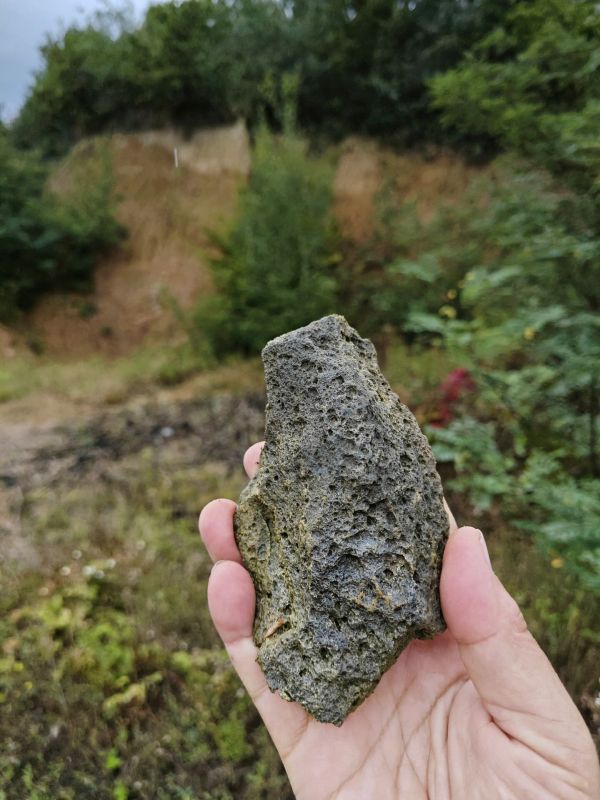The wine industry has its origin in the Middle East
Youssef Kanjou
It is unknown exactly when the people knew the wine industry, but it is clear that is very ancient, as well as all the archaeological evidence that it started in the Middle East. At the same time, until now there are a few ancient evidence has been discovered about this the industry, such as facilities and ponds.
The oldest traces in the Levant were found on the wine industry dating back to the sixth millennium BC. The win press in that period consisting of rock or stone floors on which grapes are placed and then channels that transport liquids to a basin etched into the underground rock to be fermented here.
The ancient Egyptians are considered one of the oldest peoples to start making beer around 3400 B.C., where the remains of the world’s oldest brewery were found. The ancient Egyptians made at least 17 beers and at least 24 wines.
In Syria, during the classical period (Roman-Byzantine period), the wine and oil industry is famous in the cities of northern Syria, now known as the forgotten cities. Which is now on the List of World Heritage. These areas flourished significantly because of the presence of many important churches such as the Church of St. Simeon, where pilgrims came from many areas and at the same time buy wine and oil. These cities have lost their importance after the wine trade stopped with the arrival of Islam, as some reference mention. In this area, archaeologists have found hundreds of wine and oil presses, traces of which are still being seen until now.
Archaeologists at the University of Tübingen, Germany, recently announced the discovery of a 7th-century BC winepress in Tel Brak near the city of Sidon in Lebanon. The period belonging to Phoenician civilization in that region. The discovery was the result of archaeological excavations between the University of Tübingen and the American University of Beirut. This discovery is the only example in the region and from this period, where the parts of the press are still in their original place.
The archaeological studies have shown that Phoenician have used advanced techniques in the processing of contemporary floors. The have reused other materials such as breaking old pottery and mixing them with plaster and lime to make the floor solid and prevent fluid leakage.
Archaeological studies have also shown that the inhabitants of the region were growing grapes on a large scale and the production of wine was also in large quantities. That was used by Phoenician in religious ceremonies in addition to trade. As evidence of this, the Archaeologists found many of Jar used in the transport of wine. There are also many historical sources that speak about the Phoenician trade of the period.
tun092206
Archäologische Reste eines Weingutes, wo in byzantinischer Zeit Weingärung und Weinverarbeitung östlich von Aleppo in Syrien stattfanden. Foto: tünews INTERNATIONAL / Youssef Kanjou.




